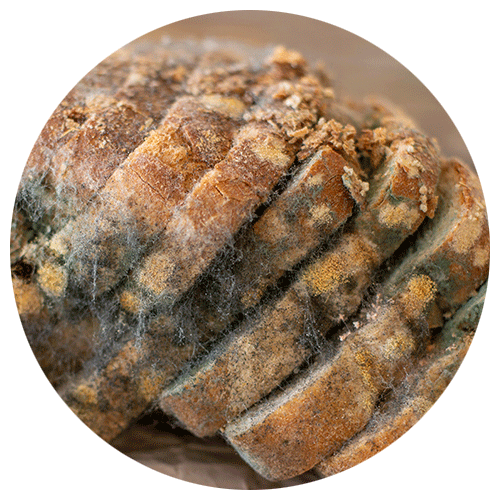
- Moldy foodMoldy foods can contain fibrillatory mycotoxins (toxic fungi) that can cause severe reactions in pets. Throw away moldy food as soon as possible to prevent pets from entering the refrigerator and cupboard.What to look for: Muscle tremors, ataxia (impaired balance or coordination due to brain, nerve, or muscle damage), and convulsions that last for days.

- chocolateYou probably already know this, but it’s important. All chocolates contain a compound called theobromine, with dark chocolate having the highest content.What to look for: vomiting, diarrhea, irritability, hyperactivity, and seizures. Using it in large quantities may cause your pet to die.
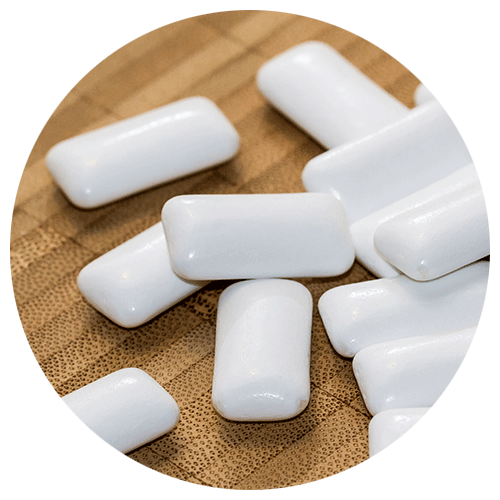
- Xylitol (sugar-free food)This sugar substitute is used in candy, mints, toothpaste, and desserts. It is highly toxic to dogs and symptoms can begin in as little as 20 minutes.What to look for: vomiting, diarrhea, lethargy/weakness/your pet fainting and ataxia. If left untreated, it can cause your pet to fall into a coma, potential liver failure, or death.
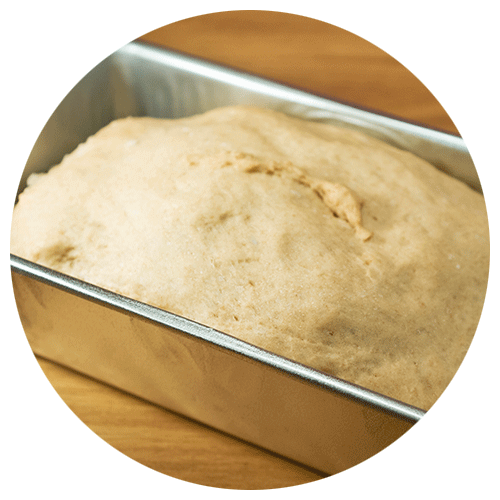
- Rising bread doughThe yeast and sugar in the raw bread dough cause the bread to ferment and release ethanol as a byproduct, causing the dough to swell in the pet’s stomach.What to look for: abdominal pain, bloating, vomiting of body dough, impaired coordination, or alcohol-induced depression.
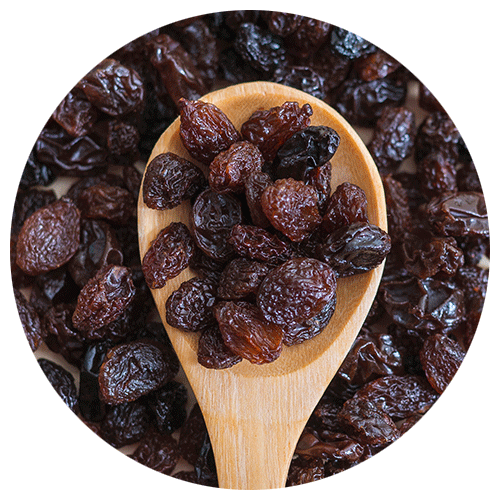
- Grapes/raisinsNever feed these fruits to your dog or cat; They can lead to irreversible kidney failure.What to look for: vomiting, lethargy, not eating (anorexia), diarrhea, drinking more water, urinating more or drinking and urinating less.
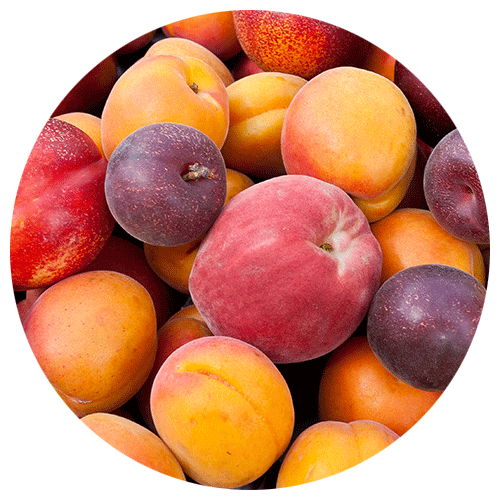
- Peaches, plums and persimmonsPeach and plum pits contain cyanide, which is highly toxic to both animals and humans. The seeds of persimmons can cause gastrointestinal (GI) problems in dogs.What to look for: Salivation, shortness of breath to difficulty breathing, muscle tremors, increased heart rate, convulsions, or paralysis of breath.
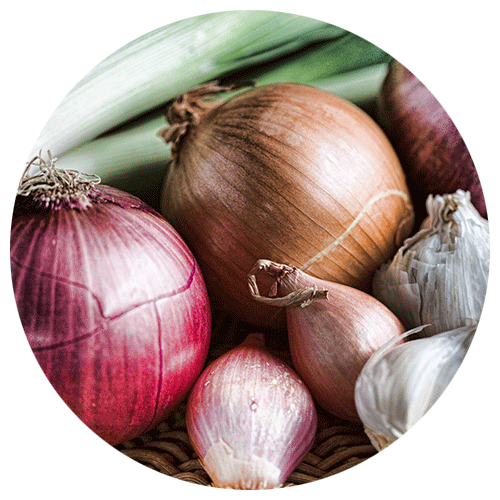
- Onion, garlic, chives, leek and shallotRegardless of how you slice it, allium plants are poisonous, even in powdered or cooked form.What to look for: Anemia caused by red blood cell damage leading to weakness and drowsiness.
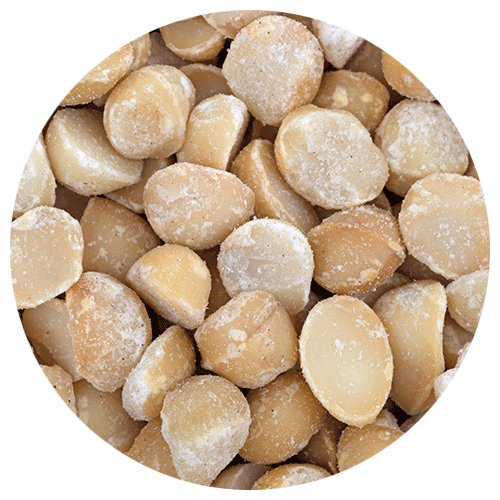
- MacadamiasIf your pet is sensitive to nuts, you will start to see signs within 12 hours of eating macadamias.What to look for: possible weakness, depression, vomiting, ataxia, tremor, and hyperthermia.
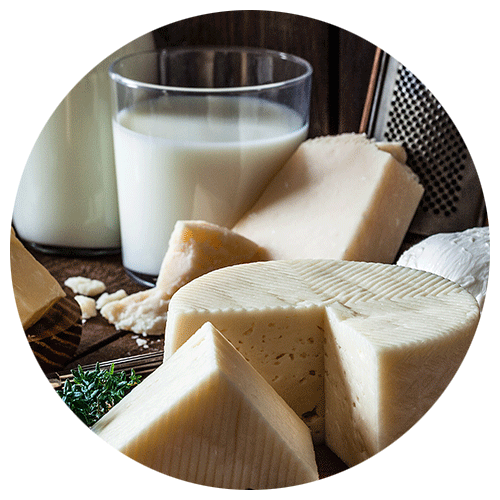
- Milk, ice cream, cheese and other dairy productsThe myth is that cats love dairy. It’s true; However, their stomachs disagree. Most cats are lactose intolerant, which means they can’t process dairy. Dogs may also be allergic to milk products.What to look for: diarrhea and vomiting.
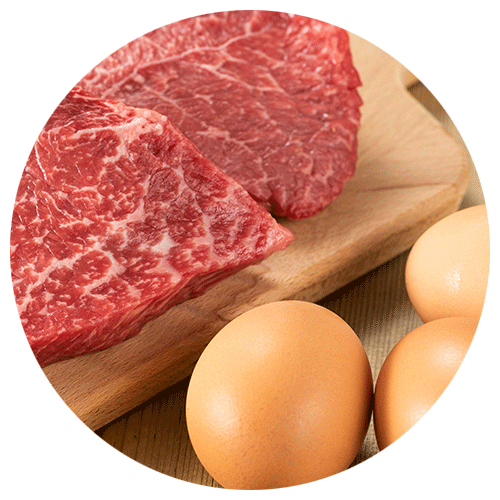
- Raw meat and eggsRaw eggs and meat are at risk of exposure to salmonella and E. coli both in them and in our bodies.What to look for: Indigestion.
Here’s our quick guide to popular holiday plants that can cause serious harm to your dog or cat:

1. Mistletoe
- Symptoms may include gastrointestinal upset, decreased blood pressure, difficulty breathing, or even abnormal behavior caused by hallucinations.

2. Poinsettia
- The sap can irritate your pet’s mouth and esophagus.
- Eating the leaves can cause nausea and vomiting.

3. Holly
- This plant can cause gastrointestinal discomfort in dogs and cats.

4. Firs and pines
- Christmas tree water may contain bacteria, mold, or fertilizer.
- If they lick or chew branches or needles, fir oil can irritate the pet’s mouth.
- Pine needles can get stuck in the intestines and even puncture the lining or cause blockage.

5. Christmas lilies (also known as solitary flowers)
- Amarilis is highly toxic to cats. Ingestion of flower petals, leaves, or pollen can quickly lead to kidney failure.
- Dogs eating any part of the lily can cause gastrointestinal upset.




